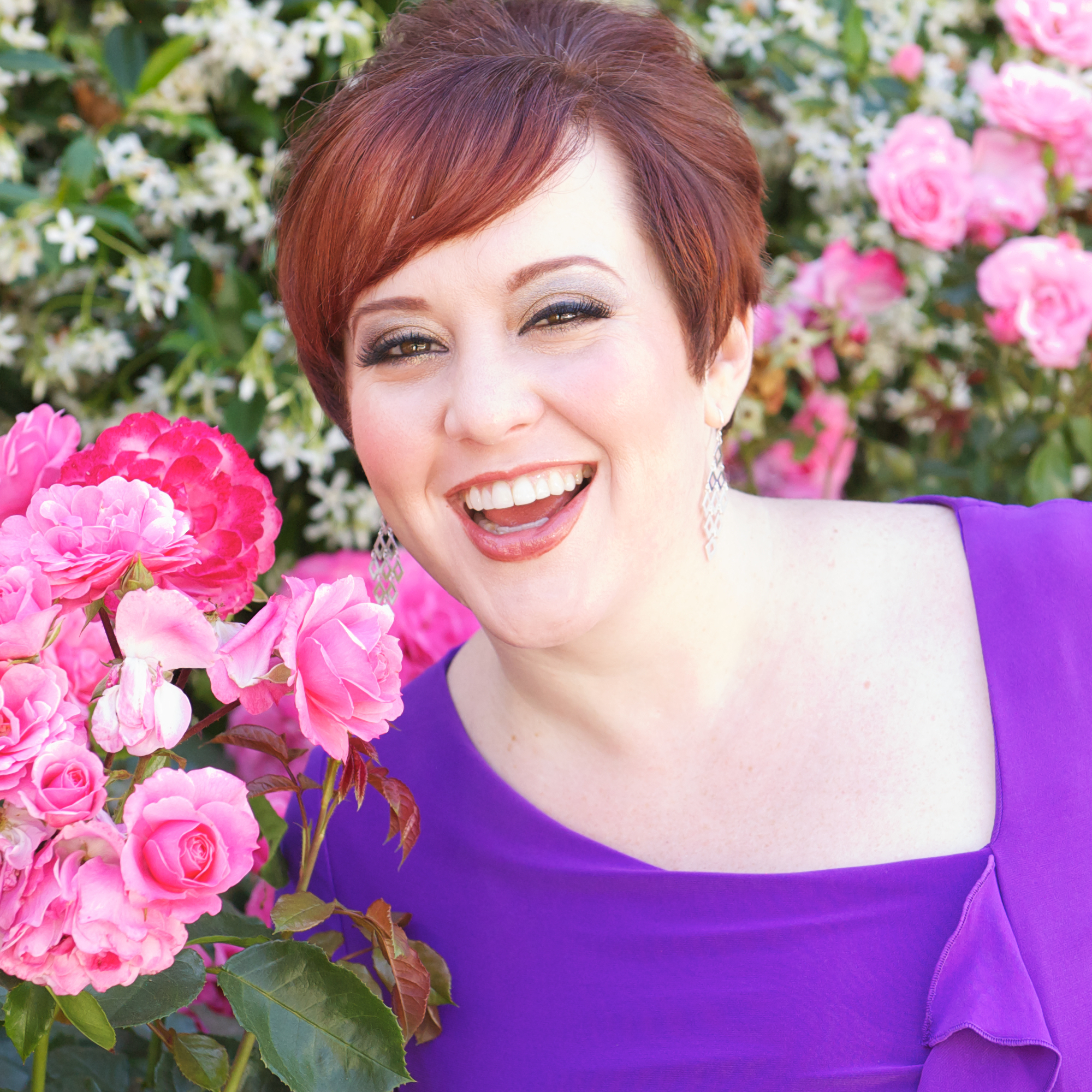
3 Easy Health Habits to Incorporate in the New Year
It seems like everyone wants to get healthier in the new year, but actually doing it is difficult. Here are 3 easy habits you can incorporate into your work routine.
Most of us have probably made the resolution or set the intention to “get healthier in the new year” at one time or another. Whether you feel you need to eat healthier, exercise more, or pursue a combination of the two, you also probably know that there’s no easy fix. Getting healthier is a journey, and depending on your personal history, it might be a longer or shorter journey than you expect.
Along with all of my business, finance, marketing, and consulting experience, I am a registered nurse and graduated as an integrative nurse coach and certified holistic health coach (studying functional nutrition plus more than 100 other dietary theories). My first business was a holistic health and wellness center. I have spent my entire professional career marrying stress reduction, health, and wellness with business, mostly because it’s something I’ve wanted to achieve in my own life (and I’m still working on it!). I tell you this not to brag but to underscore the fact that I’ve had many long years of professional study and practice in these areas, as well as my own personal experience.
From this background, I give you three simple health habits you can incorporate into your lifestyle this coming year. They probably won’t help you lose 30 pounds in 30 days, get rock-hard abs, or become a Zen master by March, but taking these habits to heart can gradually help you look and feel healthier. More important, these habits will help you make healthful choices that suit you and your lifestyle for the long term.
1. Pay attention to how food affects your body.
One diet does not fit all. A cutting-edge MD friend of mine is always saying that we are in the age of personalized medicine since we can map an individual’s genetic code. (Look up epigenetics and behavioral epigenetics to learn more about how nutrition can affect your genes.) Basically stated, the dietary and lifestyle choices you make affect your likelihood of contracting or succumbing to certain disease states.
Pay attention to how foods affect your body, and make sure you’re not sabotaging your brain health with old information. As Gary Taubes, co-founder of the Nutrition Science Initiative and a science and health journalist, stated in his Timesarticle “Why Nutrition Is So Confusing“:
“Because the nutrition research community has failed to establish reliable, unambiguous knowledge about the environmental triggers of obesity and diabetes, it has opened the door to a diversity of opinions on the subject, of hypotheses about cause, cure and prevention, many of which cannot be refuted by the existing evidence. Everyone has a theory. The evidence doesn’t exist to say unequivocally who’s wrong.
…Back in the 1960s, when researchers first took seriously the idea that dietary fat caused heart disease, they acknowledged that such trials were necessary and studied the feasibility for years. Eventually the leadership at the National Institutes of Health concluded that the trials would be too expensive–perhaps a billion dollars–and might get the wrong answer anyway. They might botch the study and never know it. They certainly couldn’t afford to do two such studies, even though replication is a core principle of the scientific method. Since then, advice to restrict fat or avoid saturated fat has been based on suppositions about what would have happened had such trials been done, not on the studies themselves.
Nutritionists have adjusted to this reality by accepting a lower standard of evidence on what they’ll believe to be true.”
If the evidence can’t yet tell us who’s right and who’s wrong, you have to play scientist in your own life. If you’re low on energy, get brain fog on a regular basis, or are unhappy with your weight, pay attention to what you eat and how it affects you. You may be surprised by what you discover.
2. Move more.
If exercise is a dirty word to you, don’t try to go from couch potato to gym rat in one giant leap. Take the amount of movement you’re currently doing and increase it slowly and gradually. Walking outside for 10-15 minutes before you eat lunch is better than sitting at your computer catching up on Facebook. If it’s too cold (or hot) to go outside, walk around inside, climb up and down the stairs, or do some basic bodyweight exercises (pushups, squats, crunches) in your office. If you don’t exercise at all, consider starting with 10 pushups, 10 squats, and 10 crunches once a day. This works your muscles and costs nothing more than a few minutes of your time.
3. Learn to relax.
Two minutes of breathing exercises can change the course of your day and, over time, your life. Stress is linked to almost all major diseases, and exacerbates whatever is already ailing you.
With all of these habits, the key is to start slow and gradually increase as you build confidence and get comfortable with what you’re doing. Give yourself manageable, achievable goals that don’t feel overwhelming. Most of all, keep in mind that if you want to be successful, your goals should stretch you, not break you.
This article was originally published on Inc.com in December 2014.

Author, activist, international speaker, multi-preneur, mentor, wife, and mom, Ariana Ayu is a Transformational Mystic and a Catalyst for Conscious Change.
She is the creator and lead educator for the CannyNurse™ Certificate Program, a 50-hour CEU program for nurses from LPNs through doctoral degrees, and the first comprehensive cannabis nurse training program designed for working nurses. An ordained priestess, holistic healer, and lifelong student of ancient/ modern wisdom, Ariana’s nursing background includes pediatrics, labor & delivery, nurse education, and Holistic Health/ Integrative Nurse Coaching.
She earned her MSc in Advancing Nursing Practice from the University of Edinburgh in Scotland (UK), and her Cannabis Nursing Certification from Pacific College of Health and Science.
She is passionate about racial justice, social equity, environmental preservation and conservation, and empowered health, wellness, and joy for all. Her practice is governed by the ethical principles of integrity, nonjudgment, empowerment, and respect for her clients’ autonomy.